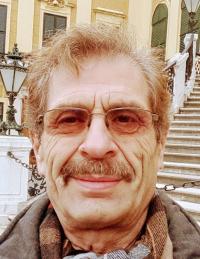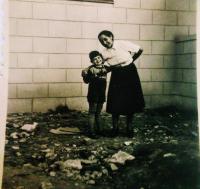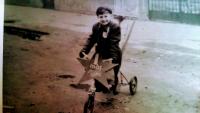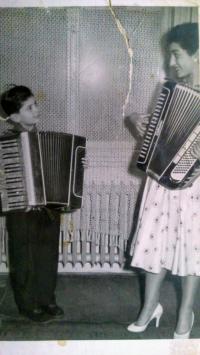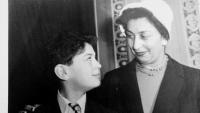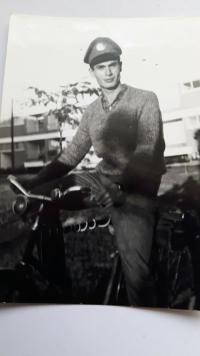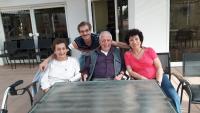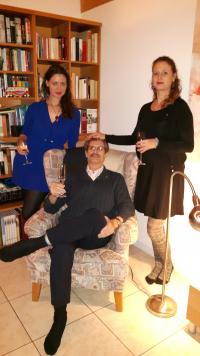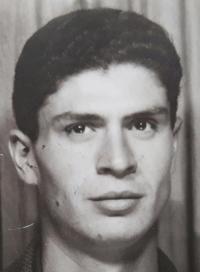When they locked my parents up, they put me in a children’s home like an orphan, and no one knew where I was
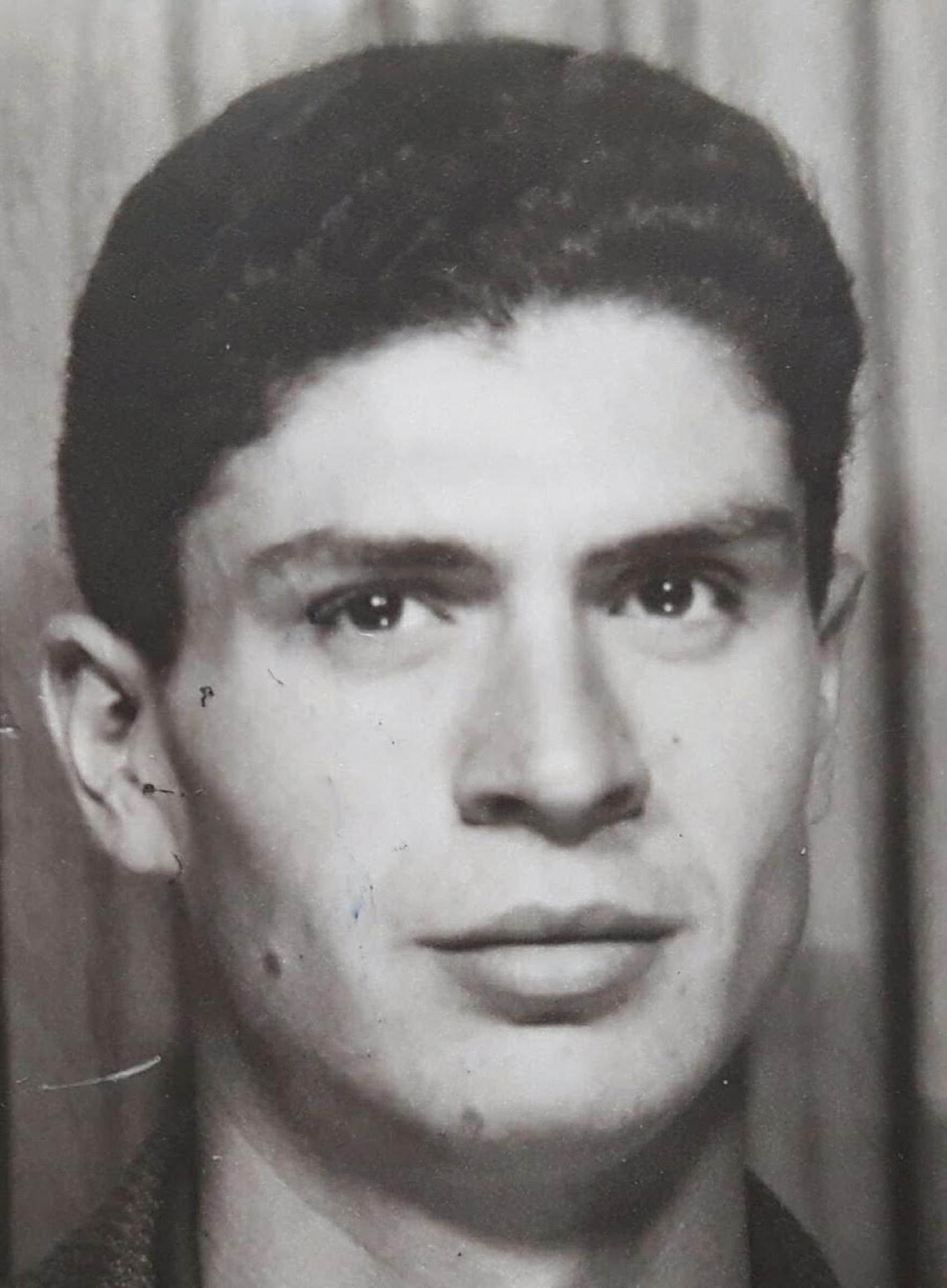
Download image
Josef Sorban was born on 1 May 1948 into a Jewish family in Teplice. His father came from Subcarpathian Ruthenia and had been in a concentration camp during the war. The family moved to Prague because of their son’s health problems. Josef’s parents were convicted of sedition in 1953, and their son was placed into a children’s home as an orphan without the family being informed. Only when his mother went on hunger strike was this information divulged and Josef could be taken in by his grandmother in Žilina - a year and a half later. When his mother was released, he lived in Prague; in 1963 they moved to his mother’s second husband in Bratislava, who made it possible for him to attend grammar school. After he graduated in 1966, the family decided to emigrate to Israel. During the Soviet occupation of Czechoslovakia in August 1968, Josef Sorban helped a Czechoslovak delegation of writers in Tel Aviv to travel to Austria. He completed a logistics course and worked for an Italian airline. In 1976 he moved to Germany. He worked for Lufthansa, and in 1989 he helped establish its branch in Czechoslovakia.
